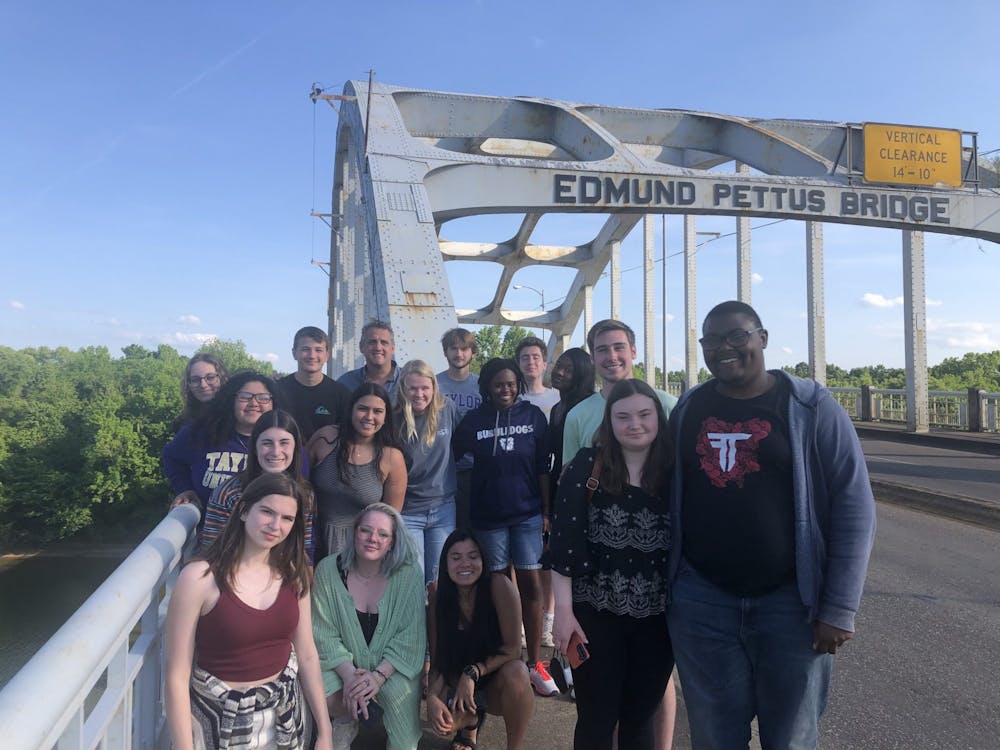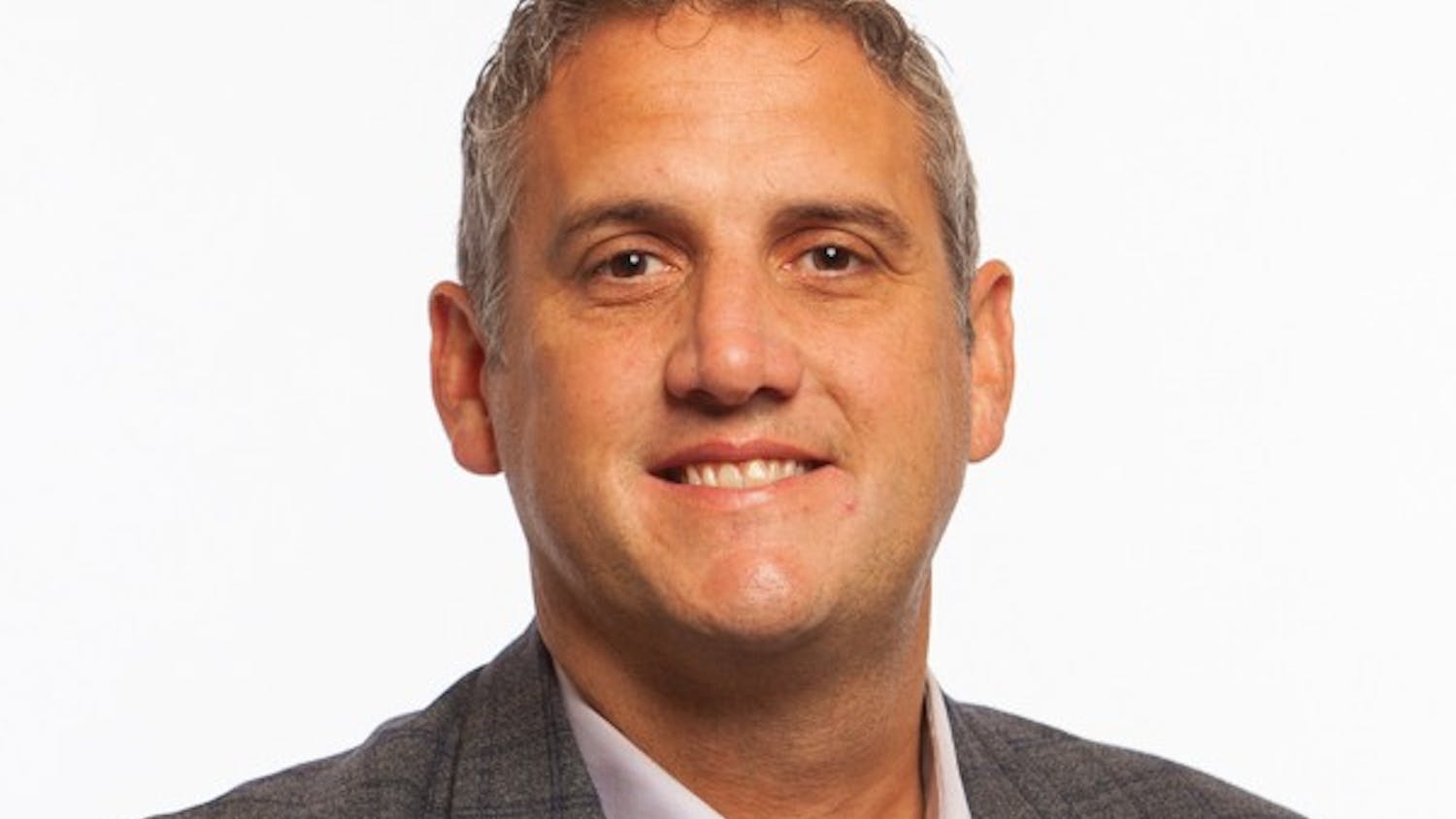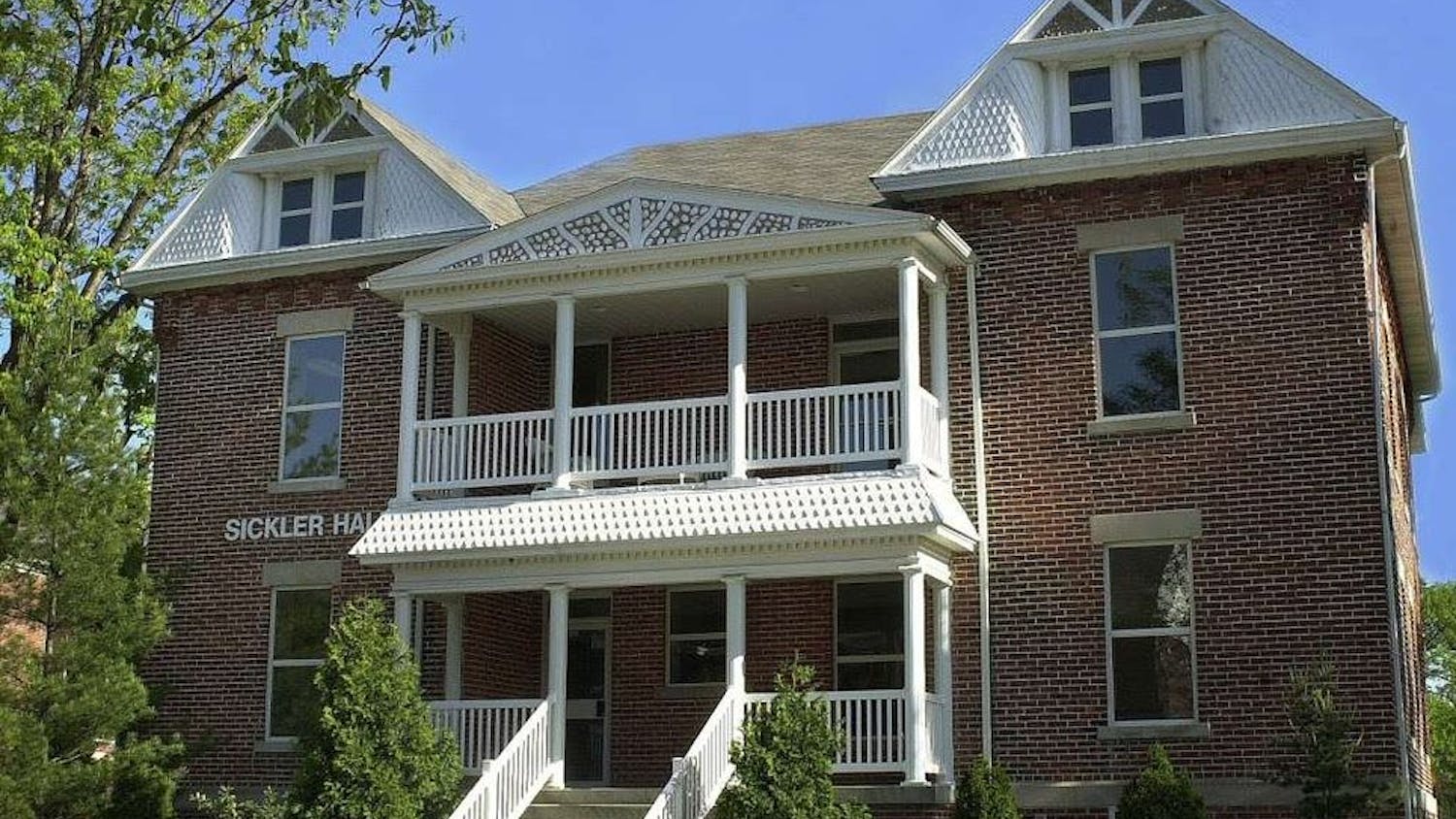Vice President for Intercultural Leadership and Church Relations Greg Dyson and Professor of Global Studies Scott Moeschberger are preparing to take students on a four day bus trip through the American South. The trip will pay close attention to the work and life of Dr. Martin Luther King Jr., as well as some of the defining moments from the civil rights movement.
The bus leaves campus Oct. 30 and returns Nov. 2.
Moeschberger said the trip really allows students to confront parts of history they may be unfamiliar with or know little about.
“I think in our hyper politicized space today, it becomes more challenging to talk about some of these things,” Moeschberger said. “And how do you do it in a way that isn’t trying to score political points, but rather saying as a country (and) as a nation, ‘How do we confront some of these things but yet also continue to move forward and (look) forward?’”
Planned stops on the trip include Memphis, Tennessee, Birmingham, Alabama and Selma, Alabama. An early 3 a.m. start on Oct. 30 will allow the group to attend a multiethnic church service outside Nashville in nearby Franklin, Tennessee.
Dyson has done a civil rights tour for 15 years, and it was something he started doing before he joined the Taylor community. He said the trip tends to be a transformational one for both faculty and students.
“People come back from this trip and they are inspired to be change agents for good,” Dyson said.
One of the reasons why Dyson believes the trip can be so impactful is because it lets students interact with history in a very intimate way.
In Birmingham, the bus will stop outside the 16th Street Baptist Church, which was bombed by the Ku Klux Klan on Sept. 15, 1963. The attack killed four girls and left many more injured. Students will have the opportunity to place their hands on the spot where the bomb detonated. Dyson said tears are common.
“These are things that you never forget,” he said.
Another notable stop is the Edmund Pettus Bridge, which stretches over the Alabama River. On March 7, 1965, state troopers attacked civil rights marchers planning to cross the bridge on foot in order to reach Montgomery, Alabama. The incident is now known as Bloody Sunday.
For Moeschberger, the trip motivates him to continue conversations on campus centered around diversity and race.
Many conversations take place on the bus, which serves as a sort of rolling think tank where Moeschberger and Dyson can engage with students.
“It’s a time to connect with each other and to process what’s been happening and what we’ve been seeing,” Moeschberger said.
With so much time being spent aboard the double-decker, it’s important for the bus to accommodate and satisfy students’ needs over the course of the trip — especially their appetite.
Dyson turns a portion of the bus into a pantry. He doesn’t want students worrying about where their next meal is coming from or if there will be a bite to eat after a long day.
“I’m not a huge snack person, but (Dyson) always brings the A-game when it comes to food and hospitality and those types of things,” Moeschberger said. “He’s pretty committed to the hospitality piece, so it’s good fun.”
Aside from the snacks, Moeschberger said Dyson also provides the travelers with useful bits of knowledge and wisdom.
And the students aren’t the only ones who are capable of picking up new information from Dyson.
“Every time I go I learn new things from him,” Moeschberger said.
The trip may examine a troubling time in America’s past, but for Moeschberger, Dyson and the students that travel with them, it’s best confronted together.





